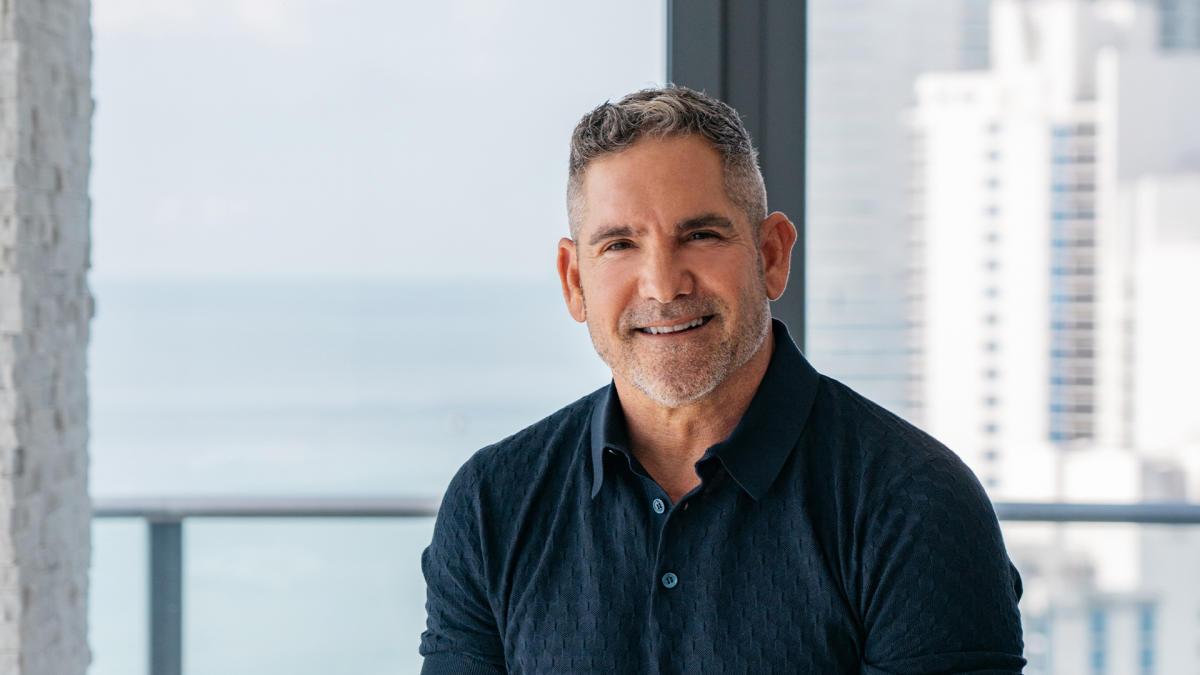Strategic Saving: When to Use a High-Yield Account vs. Investing
Saving money is crucial for both unexpected events and long-term financial security. However, many people lack a clear strategy and simply let their savings sit without maximizing their potential. Financial expert Jeff Rose, CFP, founder of Good Financial Cents, provides insights on how to save strategically, helping clients achieve their financial goals.
The Power of High-Yield Savings Accounts
While having an emergency fund is essential, keeping that money in a standard savings account leads to stagnation. A high-yield savings account allows your money to grow through interest, providing a safe and liquid option. Rose emphasizes the importance of using high-yield accounts for specific savings goals with short-term deadlines.
- Emergency funds
- Saving for a car
- College funds
- Down payment on a home
According to Rose, "If the cash has a job to do within the next three years — cover an emergency, fund a down payment, pay tuition — it belongs in a high-yield savings account." He cautions against the risks of market fluctuations impacting savings needed in the near future. He has seen clients needing college funds during a market slide, reinforcing the importance of liquidity and safety for short-term goals.
Investing for Long-Term Growth
Once you have a solid emergency fund and have addressed high-interest debt, disciplined investing is key to building long-term wealth. A high-yield savings account is ideal for short-term needs, investing provides a pathway for significant financial growth over time. However, certain prerequisites must be met before venturing into the market.
Before You Invest: Essential Steps
Rose advises ensuring you have a fully funded emergency fund covering three to six months of expenses (more if self-employed). Additionally, prioritize paying off high-interest debt, as it can erode investment gains. Address these financial priorities before committing to investment.
 Visit the website
Visit the website






